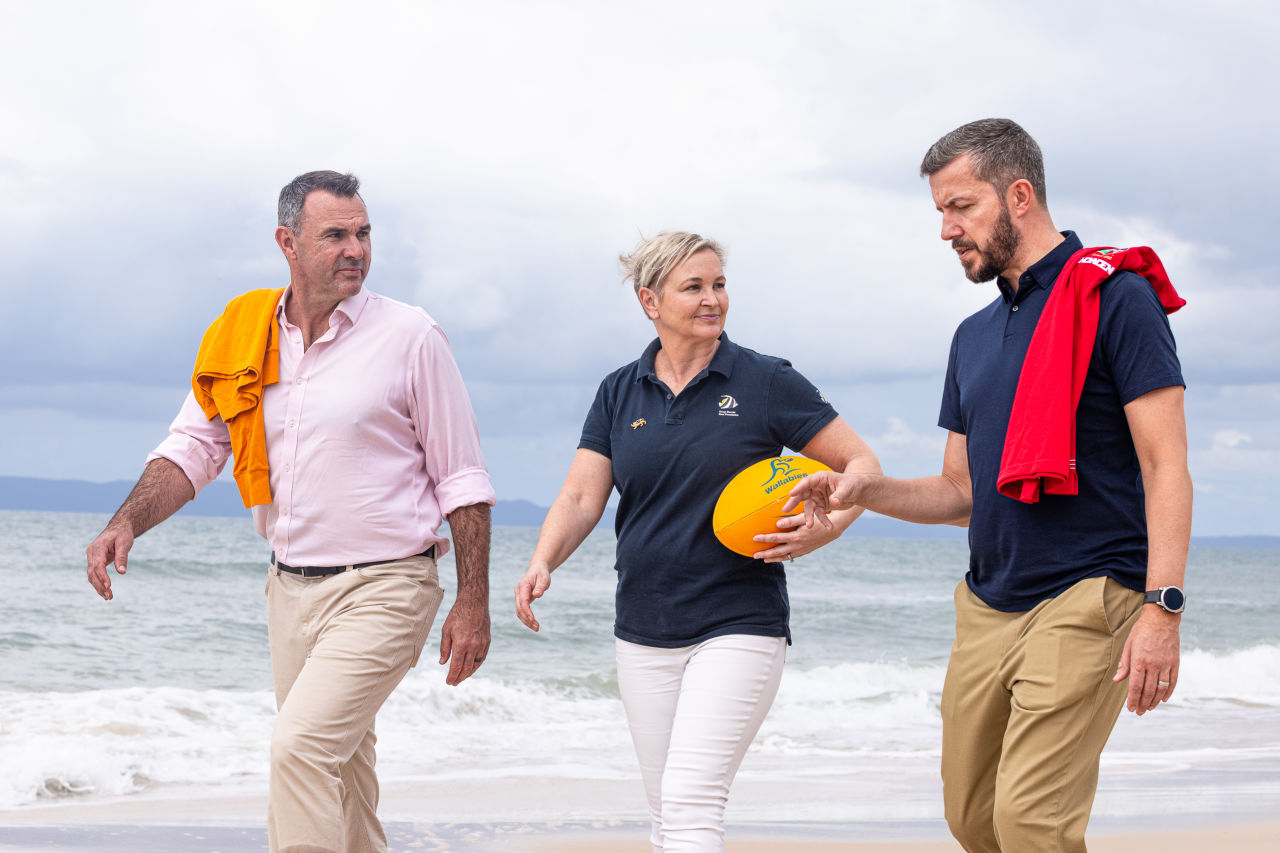Sharm El Sheikh, Egypt: A decision at COP27 to establish a loss and damage fund for communities living on the front lines of climate disasters has been hailed a victory by climate justice organisation ActionAid.
After three decades of climate negotiations, the issue of loss and damage was set firmly on the agenda at this year’s UN climate talks in Egypt. With recognition from the big polluting countries, such as the US, UK, Australia and EU, that funding to help communities rebuild and recover in the aftermath of climate disasters was urgently needed.
Two weeks of negotiations resulted in an agreement between countries to establish a loss and damage fund, with a transitional committee being set up to work out the finer details of who will be eligible to receive funds, who will pay, and how much money there will be.
Commenting on the final outcome Michelle Higelin, Executive Director, ActionAid Australia welcomed the establishment of a loss and damage fund: “This is a historic turning point. This loss and damage fund is long overdue, but it is a clear demonstration of the collective power of civil society, of communities on the frontlines of the climate crisis and developing nations for forcing rich countries to finally say ‘Yes – we are in this together’,
“The fund will be a lifeline for women and girls on the frontlines of the climate crisis, whose homes, livelihoods, and ways of life are being destroyed by climate disasters, and offers communities hope that there will be a fund to help them recover and rebuild in the aftermath of disasters.”
“There are questions about the fund that remain unanswered like how will it be operationalized and how aid will be distributed, and we look forward to working with the Australian government to ensure the fund is equitable, and accessible to all that need it.”
Despite the historic agreement on loss and damage, the COP27 text contained weak language on fossil fuels. Teresa Anderson, Global Lead on Climate Justice, at ActionAid, said: “The polluters have been let off the hook with COP27’s weak language on fossil fuels. Climate-vulnerable communities who have been given hope through the establishing of a loss and damage fund are still being harmed by the actions of big polluters, and the underlying cause of the climate crisis has not been addressed.”
This year, climate emergencies have destroyed the lives and livelihoods of people living in the Global South on a scale that has not been witnessed before, with endless droughts, heatwaves, wildfires, flooding, and hurricanes.
In Vanuatu, communities are experiencing multiple climate disasters a month and it is women who are being disproportionately impacted.
Flora Vano, Country Manager at ActionAid Vanuatu, said: “The people of Vanuatu have been raising the issue of climate-induced loss and damage for decades, and to finally see rich nations deliver is a testament to the tireless advocacy of Pacific women and their communities. We must now turn our attention towards ensuring Pacific women and girls, who are the most impacted by climate disasters, can access much need funds when a disaster strikes.”
In East Africa, crops have failed, livestock have died, and water sources have dried up after five failed rainy seasons.
Susan Otieno, Executive Director at ActionAid Kenya, said: “There were high hopes that COP27 would deliver for Africa – and on the issue of loss and damage it has. For the millions of people across East Africa who are at risk of starvation after endless drought; for the girls who are being taken out of school to walk miles for water; and for the families in Nigeria who have been displaced from their homes from extreme flooding, they will now know that the world stands in solidarity with them.





